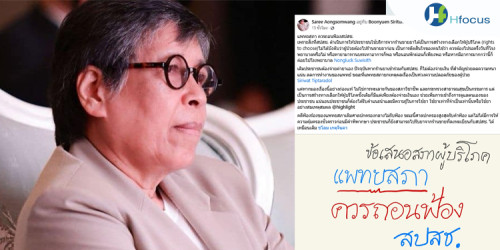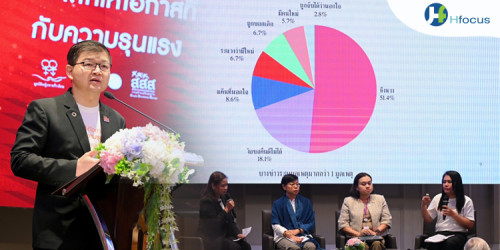The UN's adoption of a resolution on affordable universal healthcare(pdf) was momentous, according to its advocates.
The resolution, adopted by consensus in the general assembly on Wednesday, urged member states to develop health systems that avoid significant direct payments at the point of delivery and to have a mechanism for pooling risks to avoid catastrophic healthcare spending and impoverishment.
There was unusually wide support for the resolution. It came from the global north and south, including the US, the UK, South Africa and Thailand. By gaining support from every corner of the globe, the resolution recognised enthusiasm for universal healthcare from diverse countries and economies, said the Rockefeller Foundation, which has funded research on universal health systems.
According to the foundation, 150 million people worldwide face high healthcare costs, which push around 25m households into poverty each year. More than 3 billion people have to pay for healthcare themselves, forcing many – particularly women and children – to choose between healthcare and education.
Ceri Averill, Oxfam's health policy adviser, said significant momentum around the vote had been building for the past two years, partly through the efforts of the World Health Organisation's director, Margaret Chan, and showed real public commitment to universal healthcare. "We can hold member states to account because of the resolution," she said.
For Averill and Jeanette Vega, managing director of Rockefeller, endorsement of the resolution means universal healthcare will now be on the agenda of the UN high-level panel – co-chaired by the UK prime minister, David Cameron, President Ellen Johnson Sirleaf of Liberia and President Susilo Bambang Yudhoyono of Indonesia – discussing the post-2015 development goals.
"There have been lots of discussions of what health goals should be, for example on non-communicable diseases. This resolution gives weight to health systems as a whole and questions of equity. It ensures that universal healthcare stays on the agenda as one of the post-MDGgoals," said Averill.
Supporting universal healthcare is one thing, funding it is another. As the UN delegate from Singapore, Lee Boon Beng, said: "The path to achieving universal health coverage is complex and there is no universal formula. Instead, member states should adopt different solutions to their unique circumstances."
Here the debate revolves on the use of highly contentious user fees, insurance or general taxation. For Averill the problem with user fees and insurance is that the poorest people will not be able to afford them. Citing Ghana, she said no matter how low the insurance premiums are set, these will be out of reach of the poorest people and contribute very little in terms of funding. Many Ghanaians work in the informal sector, for example as street vendors, which makes it difficult to collect premiums.
Thailand is held up as a pioneer in developing universal health coverage. The south-east Asian country introduced free universal healthcare at the point of delivery in 2002 and has shown the concept is not out of reach of middle-income countries. Around 99% of the Thai population is covered through a comprehensive healthcare package. It ranges from health prevention and primary care, to hospitalisation due to traffic accidents, to more expensive services such as radiotherapy and access to antiretroviral therapy treatment for people with HIV. Indonesia, the Philippines and China have rolled out insurance-based health coverage that includes almost their entire populations.
Poorer countries, however, will have to rely on external help to extend affordable healthcare. Zambia on Thursday said it has been steadily increasing spending on healthcare, which is treated as a fundamental human right, but will have to rely on foreign help. "External financing equally remains an important factor in Zambia's resource mobilisation," said the country's delegate, Dr Mwaba Kasese-Bota.
source : www.guardian.co.uk
- 1 view








